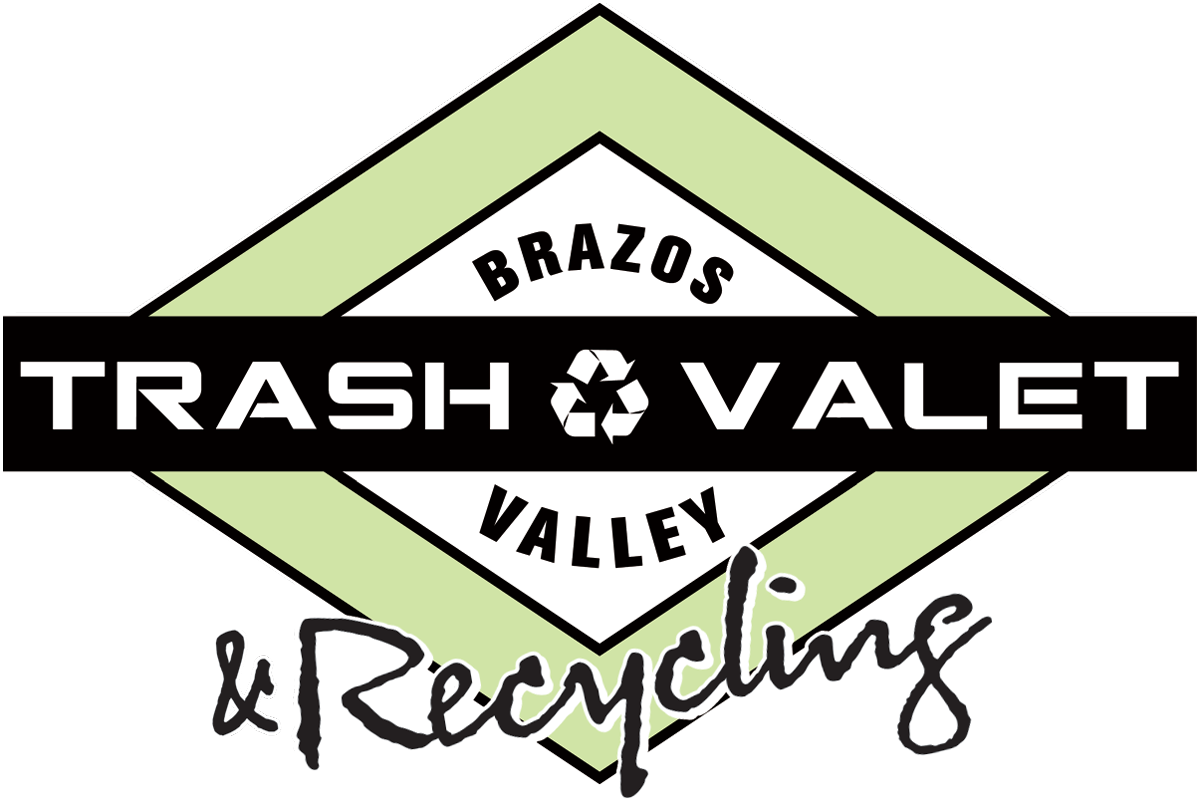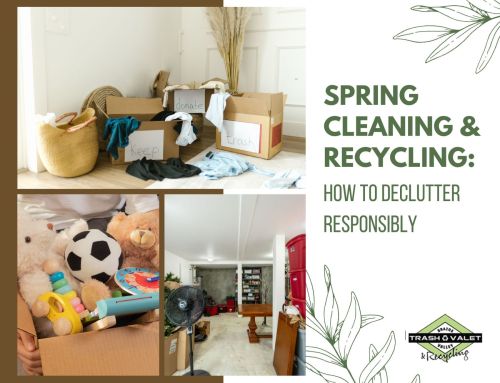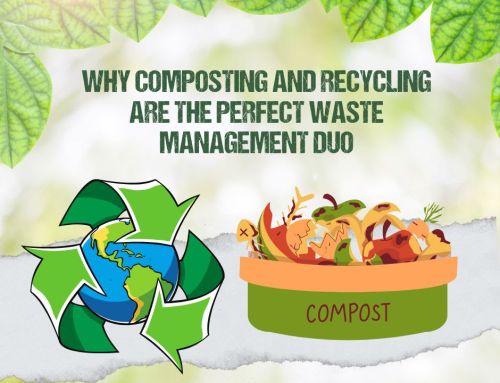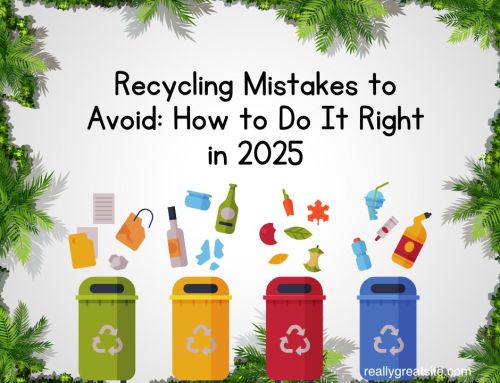Trash Talk: Debunking Common Myths About Recycling
In today’s environmentally conscious world, recycling has become a cornerstone of sustainable living. However, amidst the widespread adoption of recycling practices, numerous misconceptions and myths persist, clouding our understanding of this critical aspect of waste management. Let’s delve into some of the most common myths about recycling and debunk them one by one.
Myth 1: All Plastics are Recyclable
One prevalent misconception is that all plastic materials are recyclable. While many plastics can indeed be recycled, not all of them are accepted by recycling facilities. Most recycling programs only accept plastics labeled with a recycling symbol and a corresponding number, typically ranging from 1 to 7. However, at Brazos Valley Trash & Recycling, we accept plastics #1-7, making it easier for you to recycle a wider range of materials.
Myth 2: Recycling is Too Complicated
Another misconception is that recycling is overly complicated and time-consuming. While recycling guidelines may vary depending on your location and recycling program, Brazos Valley Trash Valet & Recycling makes it easy by not requiring you to separate your items. Recyclables and trash are just put into your maroon bin together. By familiarizing yourself with your local recycling guidelines and practicing proper sorting techniques, recycling can become a seamless part of your routine.
Myth 3: Recycling is Not Worth the Effort
Some individuals believe that recycling is not worth the effort due to misconceptions about its environmental impact. However, recycling plays a crucial role in conserving natural resources, reducing energy consumption, and minimizing waste sent to landfills. By recycling materials such as paper, glass, and aluminum, we can significantly reduce the strain on our planet’s finite resources and mitigate environmental degradation.
Myth 4: Recycling Doesn’t Make a Difference
Contrary to popular belief, recycling does make a difference in preserving our environment and promoting sustainability. When we recycle materials instead of sending them to landfills, we conserve energy, reduce greenhouse gas emissions, and protect natural habitats. Additionally, recycling helps create a circular economy where materials are reused and repurposed, reducing the need for virgin resources and minimizing waste.
Myth 5: It’s Cheaper to Throw Everything Away
While it may seem cheaper to dispose of all waste in the trash, the long-term costs of landfilling far outweigh the benefits. Landfills require significant space, resources, and maintenance, all of which incur substantial financial and environmental costs. In contrast, recycling helps offset these expenses by diverting materials from landfills and reducing the need for costly waste management infrastructure.
In conclusion, debunking common myths about recycling is essential to fostering a better understanding of its importance and benefits. By dispelling misconceptions and embracing recycling as a fundamental aspect of sustainable living, we can work together to build a cleaner, healthier planet for future generations. Let’s continue to educate ourselves and others about the power of recycling and its transformative impact on our world.
Share This Story, Choose Your Platform!
Trash Talk: Debunking Common Myths About Recycling
In today’s environmentally conscious world, recycling has become a cornerstone of sustainable living. However, amidst the widespread adoption of recycling practices, numerous misconceptions and myths persist, clouding our understanding of this critical aspect of waste management. Let’s delve into some of the most common myths about recycling and debunk them one by one.
Myth 1: All Plastics are Recyclable
One prevalent misconception is that all plastic materials are recyclable. While many plastics can indeed be recycled, not all of them are accepted by recycling facilities. Most recycling programs only accept plastics labeled with a recycling symbol and a corresponding number, typically ranging from 1 to 7. However, at Brazos Valley Trash & Recycling, we accept plastics #1-7, making it easier for you to recycle a wider range of materials.
Myth 2: Recycling is Too Complicated
Another misconception is that recycling is overly complicated and time-consuming. While recycling guidelines may vary depending on your location and recycling program, Brazos Valley Trash Valet & Recycling makes it easy by not requiring you to separate your items. Recyclables and trash are just put into your maroon bin together. By familiarizing yourself with your local recycling guidelines and practicing proper sorting techniques, recycling can become a seamless part of your routine.
Myth 3: Recycling is Not Worth the Effort
Some individuals believe that recycling is not worth the effort due to misconceptions about its environmental impact. However, recycling plays a crucial role in conserving natural resources, reducing energy consumption, and minimizing waste sent to landfills. By recycling materials such as paper, glass, and aluminum, we can significantly reduce the strain on our planet’s finite resources and mitigate environmental degradation.
Myth 4: Recycling Doesn’t Make a Difference
Contrary to popular belief, recycling does make a difference in preserving our environment and promoting sustainability. When we recycle materials instead of sending them to landfills, we conserve energy, reduce greenhouse gas emissions, and protect natural habitats. Additionally, recycling helps create a circular economy where materials are reused and repurposed, reducing the need for virgin resources and minimizing waste.
Myth 5: It’s Cheaper to Throw Everything Away
While it may seem cheaper to dispose of all waste in the trash, the long-term costs of landfilling far outweigh the benefits. Landfills require significant space, resources, and maintenance, all of which incur substantial financial and environmental costs. In contrast, recycling helps offset these expenses by diverting materials from landfills and reducing the need for costly waste management infrastructure.
In conclusion, debunking common myths about recycling is essential to fostering a better understanding of its importance and benefits. By dispelling misconceptions and embracing recycling as a fundamental aspect of sustainable living, we can work together to build a cleaner, healthier planet for future generations. Let’s continue to educate ourselves and others about the power of recycling and its transformative impact on our world.




